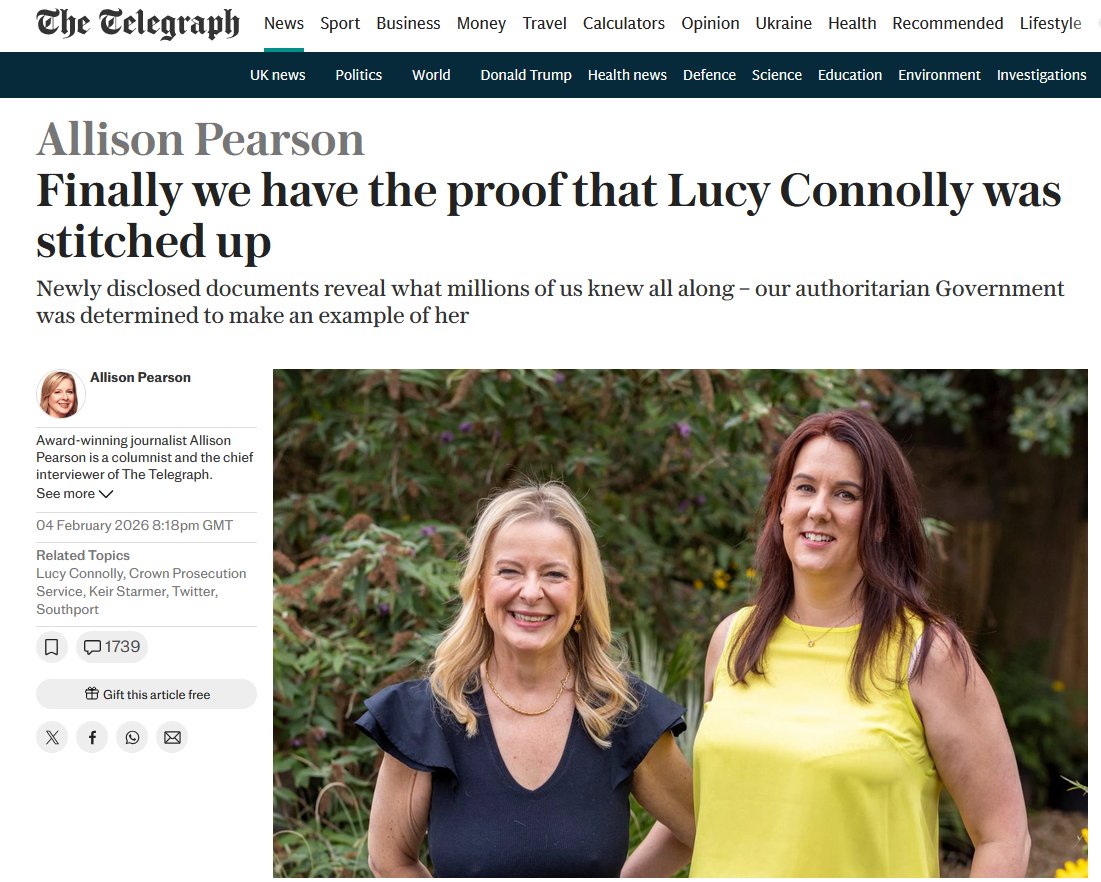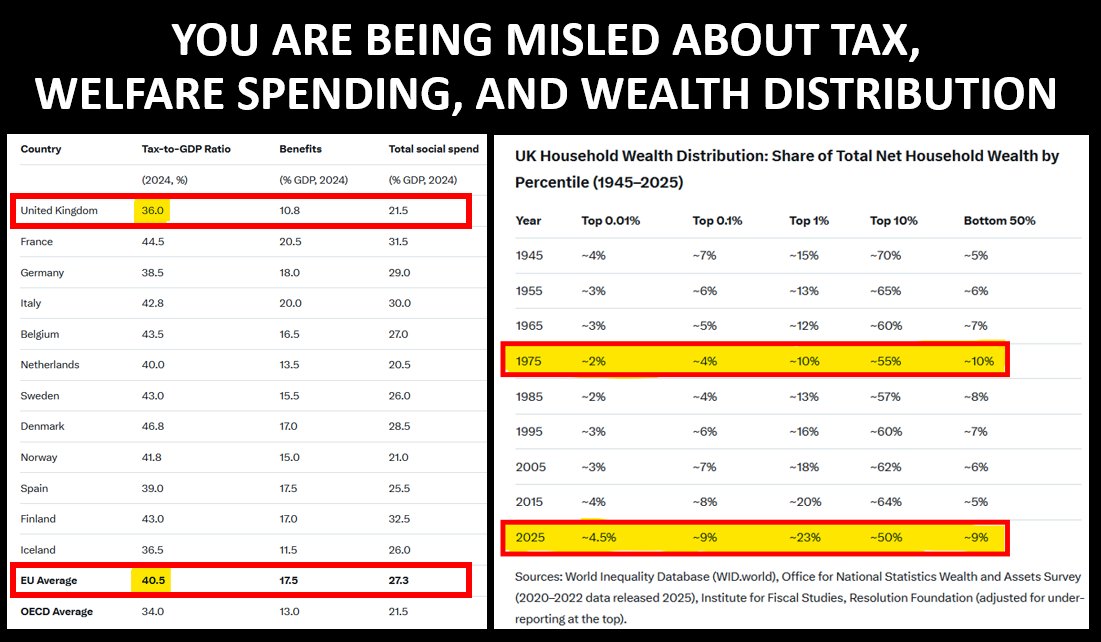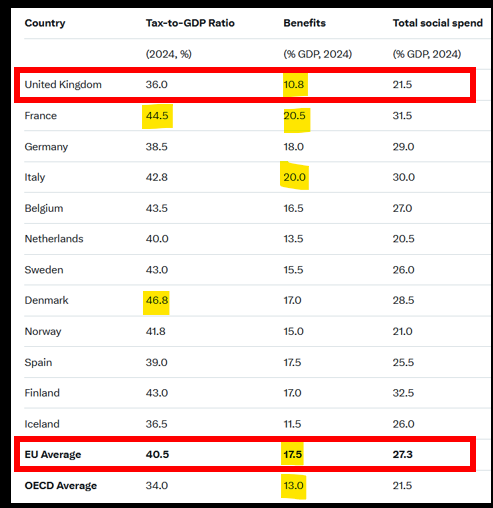At his first #PMQs, in October 2022, PM Sunak said: “I'm pleased we had a record number of new homes built in the last year.” 🤥
There is no evidence to support that claim, & No 10 declined to provide any evidence for it, despite several requests.
#bbcqt
fullfact.org/economy/rishi-…
There is no evidence to support that claim, & No 10 declined to provide any evidence for it, despite several requests.
#bbcqt
fullfact.org/economy/rishi-…
While the number of ‘net additional dwellings’ technically hit 'the highest point on record in 2019/20', these statistics only go back to the early 90s. Other metrics & housing experts suggest that recent house building is generally far lower than records set decades ago.
#bbcqt
#bbcqt

It’s also important to note that these figures don’t strictly relate to “house building”—as well as new build homes they also include conversions (such as turning a large house into multiple flats) & changes of use such as an old shop into a house or flats.
#bbcqt
#bbcqt
John Perry, policy advisor at the Chartered Institute of Housing, told Full Fact: “House building was much higher in the 1960s & 1970s than it is now.”
There is another set of stats used to measure the number of new homes in the UK, called “indicators of new supply”.
#bbcqt
There is another set of stats used to measure the number of new homes in the UK, called “indicators of new supply”.
#bbcqt

These are published by the government on a quarterly basis for England, and show both the number of new homes being started and the number of new homes being completed.
Calendar-year data on new homes started in England dates back to 1978.
#bbcqt
Calendar-year data on new homes started in England dates back to 1978.
#bbcqt
Under the current Govt, the highest number of new homes started in a calendar year was in 2021 with 177,920.
But the record year according to this data set was 1978 with 226,680 homes started. The government’s 2021 record was also beaten in 1979, 1983, & 2007.
#bbcqt
But the record year according to this data set was 1978 with 226,680 homes started. The government’s 2021 record was also beaten in 1979, 1983, & 2007.
#bbcqt
The government data on new homes completed in England goes back even further, to 1946.
These figures show that despite Tory MP Rachel Maclean's misleading claims on #bbcqt, more new homes were built in England each year from 1952 to 1980 than in any year since 2010.
These figures show that despite Tory MP Rachel Maclean's misleading claims on #bbcqt, more new homes were built in England each year from 1952 to 1980 than in any year since 2010.
The #ONS publishes figures on completions for the entire UK.
These also show that there were much higher levels of new houses being completed between the early 1950s to the 1980s than there have been under this current dysfunctional government.
#bbcqt
These also show that there were much higher levels of new houses being completed between the early 1950s to the 1980s than there have been under this current dysfunctional government.
#bbcqt
https://twitter.com/Mrbaiti/status/1651675945483268112?t=_OvnBdoGMYS6WZDcIOkB_Q&s=19
The House of Commons Library has published data stretching even further back.
These figures show there were higher numbers of houses built in the UK between 1934 & 1940, between 1948 & 1981, & in 2007 than were built in any year from 2010 to 2019 (where the data ends).
#bbcqt
These figures show there were higher numbers of houses built in the UK between 1934 & 1940, between 1948 & 1981, & in 2007 than were built in any year from 2010 to 2019 (where the data ends).
#bbcqt
Despite Tory Housing Minister Rachel Maclean's wild claims about 'record house building' under the @Conservatives on #bbcqt, the number of homes available to rent in the UK has fallen by a third over the past 18 months.
#bbcqt
#NeverTrustATory #FFSGTTO
bbc.co.uk/news/business-…
#bbcqt
#NeverTrustATory #FFSGTTO
bbc.co.uk/news/business-…
• • •
Missing some Tweet in this thread? You can try to
force a refresh












